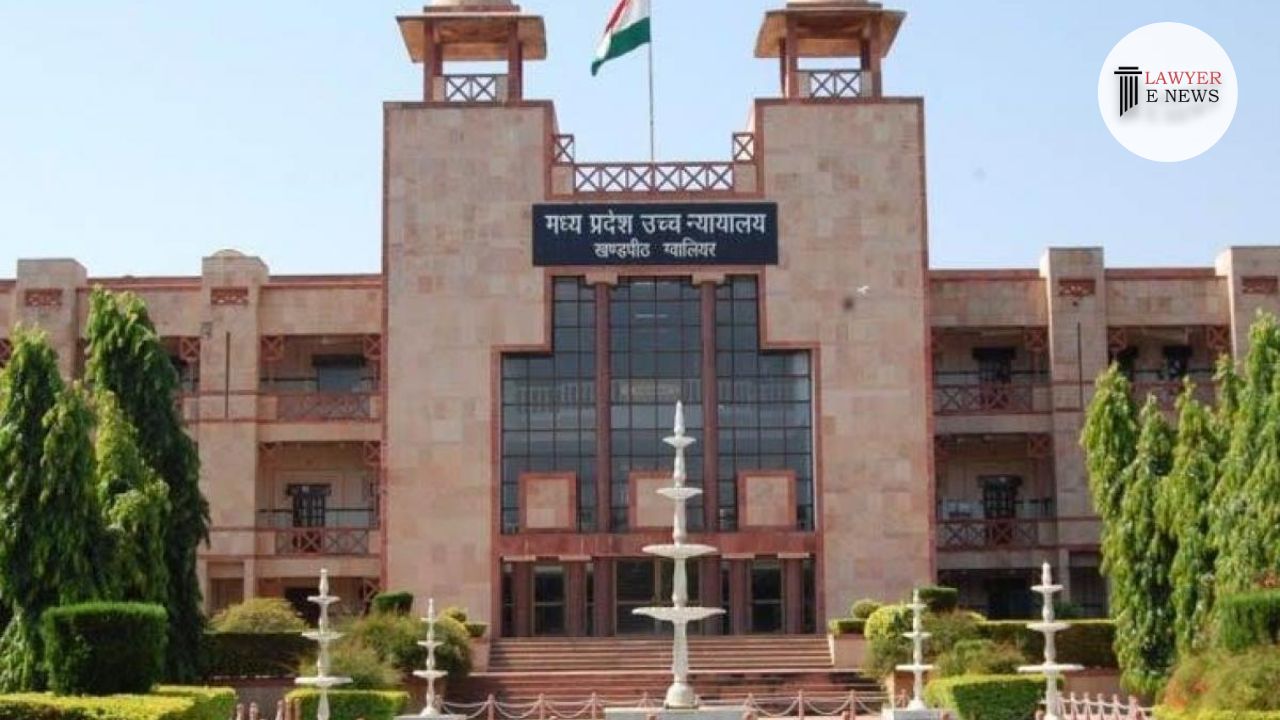-
by Admin
15 February 2026 2:16 AM



The court dismissed the plea from Bar Associations for state-paid electricity, emphasizing contractual obligations and economic implications.
In a significant ruling, the Madhya Pradesh High Court at Jabalpur dismissed the writ petition filed by the High Court Advocates Bar Association and M.P. High Court Bar Association. The petitioners sought state-funded electricity for bar rooms within the court premises, but the court upheld that such demands were unjustified and contrary to statutory provisions. The judgment delivered by Justices Vivek Agarwal and Avanindra Kumar Singh highlighted the necessity for payment of electricity as per existing contractual obligations and economic considerations.
The petitioners, representing the High Court Advocates Bar Association and M.P. High Court Bar Association, argued that the state government should cover their electricity expenses. They referenced previous court decisions and a statement by the Chief Minister during an Adhivakta Panchayat. They claimed that the state's failure to pay the electricity bills for bar rooms was arbitrary and illegal.
The court emphasized that the Bar Associations had entered into contractual relationships with the electricity distribution company by obtaining electricity connections in their names. Thus, they were obligated to pay for the consumed electricity. "There is nothing like free electricity," noted the court, rejecting the idea that lawyers could be subsidized for their electricity use.
The court considered the broader economic implications of providing free electricity. It noted that such subsidies could strain public finances and hinder necessary investments in infrastructure. The judgment cited several reports and articles underscoring the negative impact of free electricity on economic development and the financial health of electricity distribution companies.
In its legal reasoning, the court referred to multiple statutory provisions under the Electricity Act, 2003, which mandate the recovery of electricity charges as per the tariffs fixed from time to time. It highlighted that any public announcement by the Chief Minister could not override these statutory requirements. The court asserted that the provision of free electricity was never intended for bar rooms but was limited to areas used by litigants, such as the Suitor's Shed.
Justice Vivek Agarwal remarked, "Once petitioners had taken an electricity connection and had entered into the arena of contractual relationship with the electricity company, they cannot bypass their contractual liability and seek shifting of liability to the shoulders of the State Government". The court further noted that the demand for free electricity by the Bar Associations lacked "legal sanctity" and was not supported by statutory provisions.
The Madhya Pradesh High Court's decision to dismiss the petition underscores the judiciary's commitment to upholding contractual obligations and economic prudence. By rejecting the plea for state-funded electricity, the court reaffirmed that such benefits should not be extended to entities that do not fall within the intended scope of government subsidies. This judgment serves as a precedent in maintaining the financial discipline of public utilities and preventing undue burdens on state resources.
Date of Decision: May 3, 2024
High Court Advocates Bar Association and M.P. High Court Bar Association vs. State of Madhya Pradesh and others
